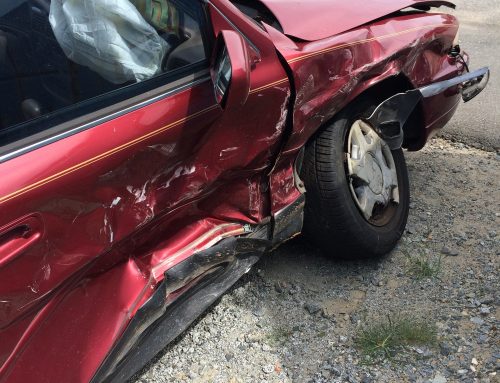The emotional and psychological impact can be significant if you experienced an accident, were harmed by violence, or by someone else’s negligence. This emotional suffering is in addition to any pain caused by a physical injury, and victims can often be reimbursed utilizing the legal actions available to them. While the personal injury is often associated with car accidents, this type of suffering can also be related to combat, sexual abuse, medical malpractice, or physical abuse. An adverse psychological response to trauma is not easy to anticipate, and two individuals can experience the same event and react in very different ways.
External Signs of Emotional Suffering
- Anger, irritability, or mood swings
- Obsessive/compulsive behavior
- Excessive crying
- Denial of reality
- No interest in previously favorite pastimes
- Emotional numbness, apathy, or stoicism
- Memory lapses or increased forgetfulness
- Episodes of profound grief or sadness
- Isolation from social engagements or situations
- Drug or alcohol addictions
- Sleep disorders, including insomnia
- Crisis of faith
The psychological impact of a traumatic incident often necessitates treatment and professional attention. In more severe situations, suicide may be contemplated – therefore, it is imperative to seek out assistance and support.
Anxiety: The victim exhibits extreme tension or worry that is out of proportion to the situation. This worry may manifest as panic attacks, crippling fear, social anxiety, and separation anxiety.
Depression: The victim has constant negative thoughts and feelings they cannot shake and may express a complete disinterest in the activities of normal life. Depression is generally the result of a family health history and an additional root cause of distress – such as a painful accident.
PTSD/ Post-traumatic stress : PTSD results from witnessing or being victimized by a traumatic event. Victims often experience frightening flashbacks, nightmares, and extreme anxiety, as well as recurring, constant thoughts about the incident. The potential for suicide is significant for those living with PTSD, but they may also battle depression, anxiety, or drug/alcohol abuse.
Drug abuse: The prolonged use of psychoactive drugs can result in dependence or addiction, a greater risk of serious injury, or social and emotional damage. This abuse may involve alcohol, prescription medication, or illegal drugs.
Loss of memory: Accident victims often exhibit a loss of memory, even if the physical injury did not affect the brain. The effects of the trauma can cause the brain to “drop details” of normal daily life.
How Are Emotional Effects Treated?
Living with – and coping with – an emotional trauma resulting from an injury that was not their fault can make the victim feel like they have lost control. Relief can typically be achieved through therapy, medicine, and the support of loved ones.
Money may not solve emotional problems, but compensation gained through a personal injury lawsuit can help with a new, more complicated reality. Negative psychological trauma responses can impact every facet of someone’s life, including their career, relationships, and independence. The legal system recognizes and often compensates for psychological and emotional impact.
A personal injury lawsuit is a legal claim that attempts to show liability for the accident or incident that resulted in injury and trauma. If you are an accident victim who believes that your accident caused you emotional suffering and trauma, call the attorneys at Probinsky & Cole. You should not have to live a challenging or limited life because of someone else’s negligence. Call us today for a consultation – we have offices that serve the Tampa, Orlando, and Sarasota regions.








